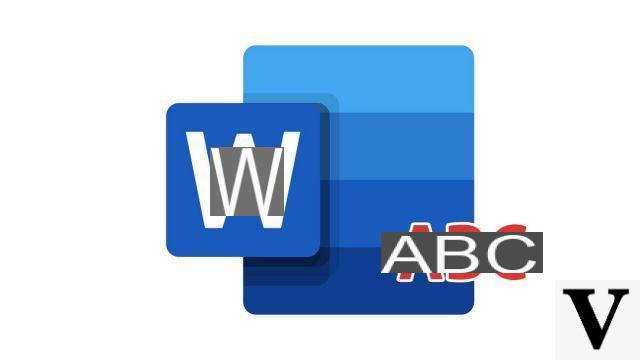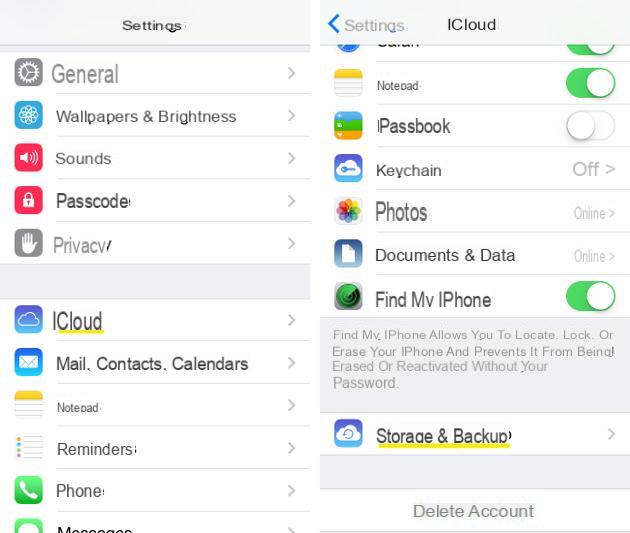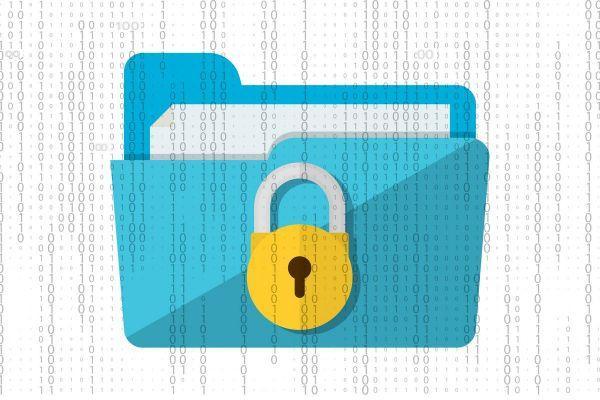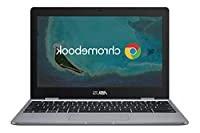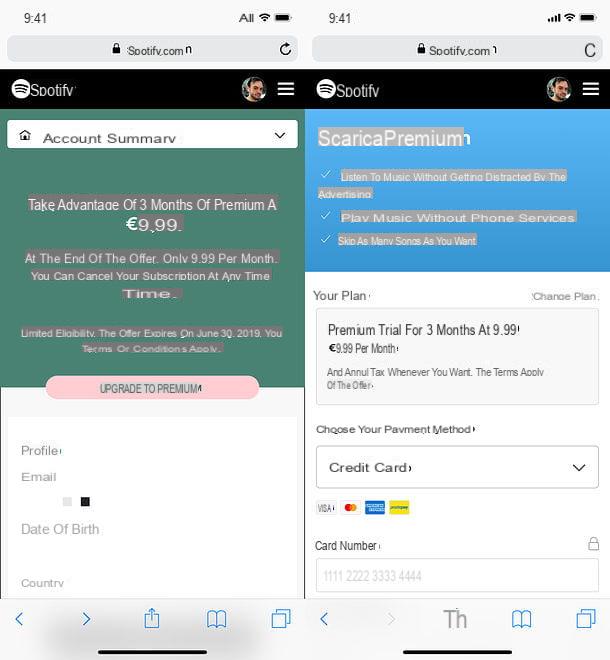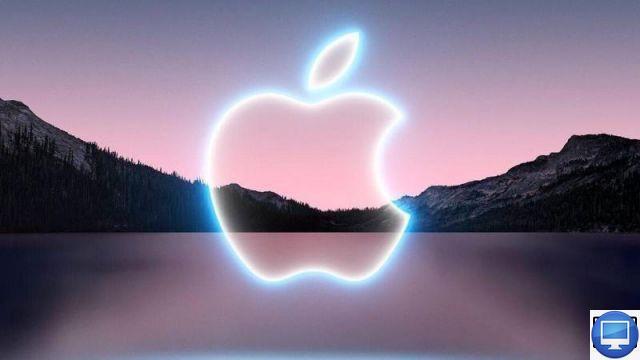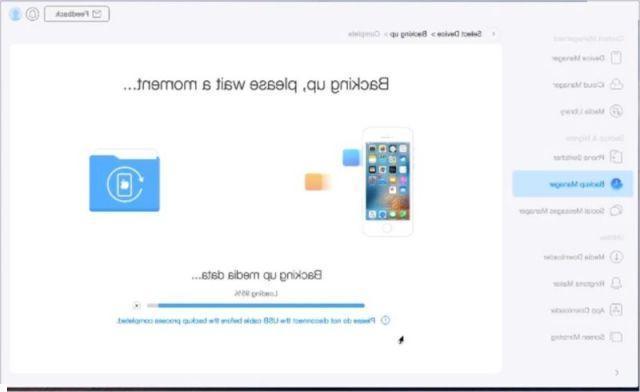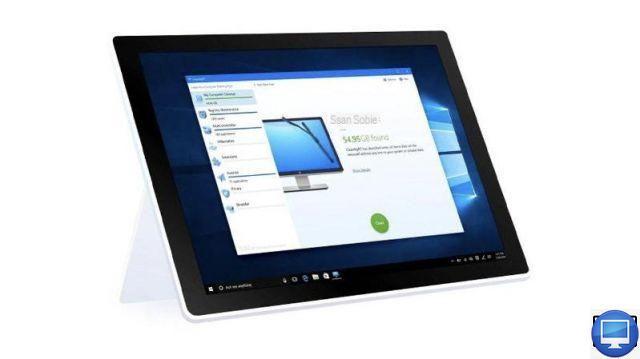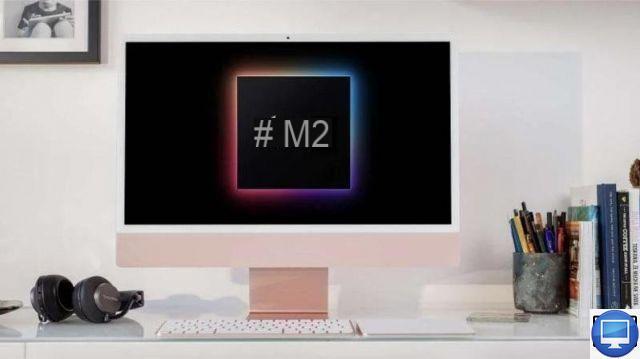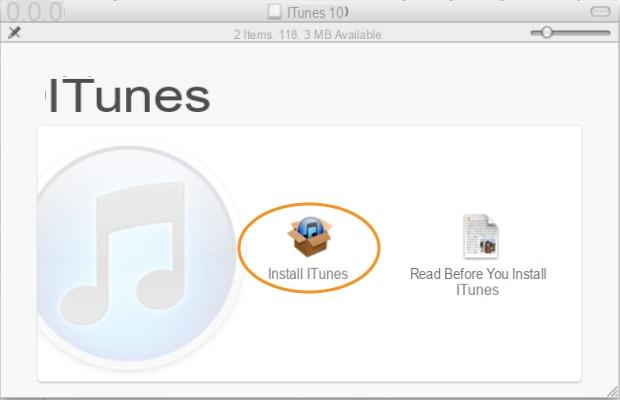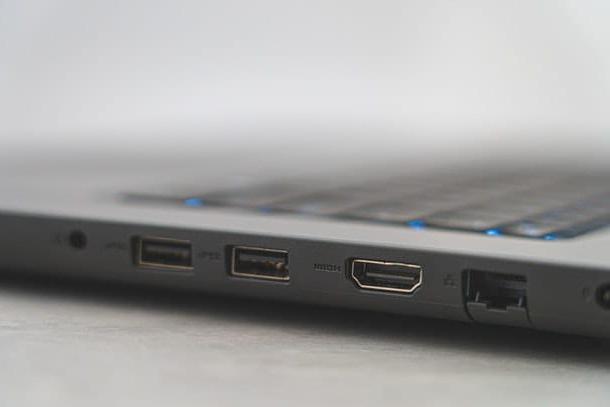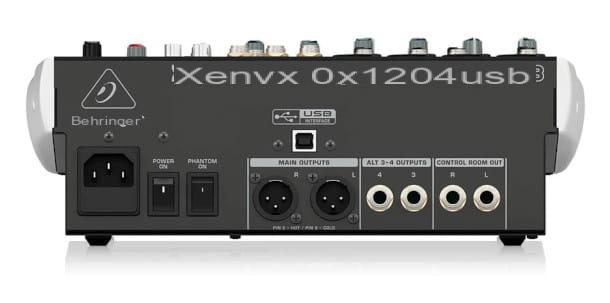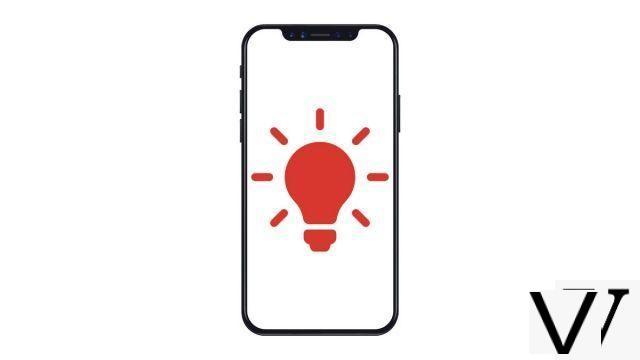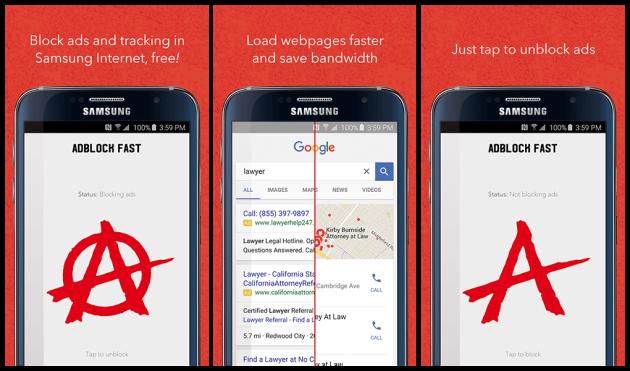Far from the extravagance of the Devialet "player" of the Freebox Delta, Free has designed a TV box for its new Freebox Pop that aims to be as simple and efficient as possible. A winning approach for the Spanish operator?
Free Freebox Pop Introductory price 39.99 €
-
 Free
29,99
Free
29,99
It is an understatement to say that with its new Freebox Pop, Free has taken the total opposite of the Freebox Delta. Like its server part, of which we have already given you our overview, the Freebox Pop Player proudly displays its compactness, taking the form of a tiny black pebble, a thousand leagues from the co-designed triangular juggernaut. with the audio equipment manufacturer Devialet.
Freebox Delta vs Freebox Pop
An unfair comparison, you say? Let's admit that you're not entirely wrong: in many ways, it makes more sense to compare the Freebox Pop to the Freebox Mini 4K with which it shares a lot in common - starting with an operating system based on Android TV . However, it is the operator himself who invites comparison with the Devialet box, since this Pop player can be acquired not only with the subscription of the same name, but also with the Delta subscription, to benefit both the advantages of the latter - including 10 Gb / s fiber - and of Free's TV offer, without having to acquire an additional bulky and expensive Devialet speaker which we would not necessarily need. A very interesting possibility in itself, provided that the TV experience offered is satisfactory - which we will check here.
to read also: 13Getting started - The charming Freebox Pop Server, but without Wi-Fi 6
After the Delta inaugurated in 2019, Free launched a new box, the Freebox Pop. It is intended for a cheaper offer, but is not ...
1 year agoKnowing how to make yourself small
As we have said, at first contact, the player Pop strikes above all by its small size. This tiny cylinder 12 cm in diameter (the size of a CD) and 2,7 cm in height will have no trouble finding its place in any TV installation. But these very modest dimensions do not prevent it from displaying a very satisfactory quality of manufacture: mat plastic of good quality and very clean assembly are at the rendezvous.
Connectivity side, however, the case inevitably lacks space to afford great originalities. The essentials are certainly assured: an RJ45 network port (the box is obviously also Wi-Fi compatible), an HDMI output, an optical S / PDIF audio output, and a TV antenna input. The flanks of the beast are decked out with a USB 3 (Type-A) port and a microSD slot for the addition of external storage - the use of which will be a necessity for many users, the internal storage is not spanning only a meager 16 gigabytes. Note in passing that the Pop player fully supports all major file systems, including NTFS and exFAT. Finally, the Pop Player is Bluetooth 5.0 compatible, but only on the Low Energy profile and not on the general profile.
Note that, as was the case with the Freebox Mini 4K at its inception, the Freebox Pop is supplied without a "Freeplugs" powerline adapter. The connection between the server and the player must therefore be made directly either via Wi-Fi (possibly via the repeater supplied as standard), or via Ethernet. However, it is of course possible to use powerline adapters purchased separately.
Remote control side, no more frills to report: we do in the simple and functional. The build quality is basic, although ample; we could just regret the lack of backlighting. As it has almost become the norm today, the remote control communicates with the box not via infrared, but via a radio link. We can therefore safely hide the box behind the television or even in a piece of furniture without sacrificing the proper functioning of the zappet.
The OQee TV interface, a "simple" Android TV application, but responsive and pleasant
During the presentation of the Freebox Pop, Xavier Niel insisted at length on the qualities of his OQee TV interface, developed in-house by the Free teams. However, this turns out to be much less central than one might think in the experience of using the Pop player, since it is in fact only an application pre-installed on the Android TV system of the box. , and not a real overlay to Google's operating system. From the first switch on, moreover, those used to Android TV will feel at their ease, since the initial configuration procedure of the OS is repeated without any modification.
Housing initialization
OQee Home Screen
That being said, this interface does not ultimately need to be more than that to be very satisfactory in use. We appreciate above all its speed: the movements in the menus are irreproachable, the zapping between one TV channel and another is almost instantaneous, as is the launch of the previews on the home screen. The same goes for programming a recording from the program guide, which takes just a few seconds. A perfect picture, then? Certainly not: Free will always remain Free, and in these early days of the Freebox Pop's existence, it is not uncommon for you to experience some bugs in your software. During our test, we suffered a few preview issues, and in two instances a freeze of a few seconds of the interface. As usual, it will probably take a few weeks for the Free teams to manage to smooth out these rough edges via firmware updates. Anyway, the current degree of finish of the interface remains significantly higher than what the operator could have been guilty of in the past - we are very far from the bad memories of the Freebox Delta, not to mention the disaster that the Freebox Mini 4K had been in its infancy.
In addition to this television part, the OQee interface also serves as an aggregator of content from applications "natively" supported by the Freebox Pop, namely Netflix, Prime Video, Canal + (MyCanal and Canal VOD), YouTube and the various television channel replay services. The home screen is thus automatically populated with recommendations decided according to the viewing habits of the users - the latter can create distinct profiles for themselves so that the habits of one do not pollute the recommendations of the other. Unfortunately, it is however impossible to "manually" customize this main profile. We would have liked, for example, to be able to request a home screen highlighting streaming services, rather than TV channels as is the case as it is.
By pressing the "home" button on the remote control, you leave the OQee interface to find yourself in the classic Android TV interface. From here, you can access not only the advanced settings of the device, but also and above all the Google Play Store and its abundant catalog of applications. This obviously makes the Freebox Pop a model of versatility: whatever obscure streaming service or multimedia player you want to run on it, there is a good chance that an application is available.
Android TV home screen
The on-board processor, without being a thunderbolt, is also enough to run most of these applications perfectly smoothly. So much so that Pop could have become an excellent cloud gaming video game machine ... if only it had fully supported Bluetooth! As it is, it is unfortunately not possible to connect a wireless game controller to the box. However, there is still the possibility of using a USB controller, provided of course that it is compatible with Android - this is the case with the PS4 controller for example, but not the Xbox One controller.
Finally, who says Android TV obviously says Chromecast compatibility, and integration of the Google Assistant, accessible via a microphone on the remote control. The latter works here as on any Android TV box ... that is to say, it deserves to be clarified, that it unfortunately cannot be used in the context of the TV interface. We can thus ask him to launch Netflix, for example, but not to watch a specific TV channel, and even less to schedule a recording.
Multimedia playback: VLC will be good enough
For the multimedia player as for the rest, Free has not bothered to rebuild what has already been built elsewhere: the Freebox Pop simply embeds the VLC application by default. The latter is no longer to present, and benefits from a particularly exhaustive compatibility with the various codecs and audio / video containers. The on-board circuits by the box were also able to decode all the files that we submitted to it perfectly smoothly, even for Ultra HD HDR files at 60 Hz.
Only small frustration: VLC, like most audio / video playback apps from the Play Store, unfortunately is not able to force the frame rate of the HDMI signal to match that of the video being played. This is particularly problematic because the box is configured by default on 50 Hz refresh (to correspond to Spanish television channels), which does not adapt very well to flows at 24 fps; even the "reverse pulldown" of today's televisions will not be able to do anything against the judder - effect of shaking of the image - thus caused on films.
Generous audio / video compatibility
As for the audio / video output formats supported, the Freebox Pop simply has nothing to be ashamed of. On the video side, we go up without any difficulty to Ultra HD at 60 Hz, to which is added HDR10 and Dolby Vision compatibility. Better yet, it is possible, via the advanced settings of Android TV, to manually force almost all video parameters, including the colorimetric downsampling format; power-users will be in heaven.
Regarding audio, in addition to the essential LPCM, the Pop player can also produce DTS streams, as well as all Dolby formats from simple Dolby Digital 5.1 to Dolby Atmos on TrueHD. From this point of view, the Pop even allows itself to speed up the Delta, whose Atmos compatibility is only expected for the month of next September ... assuming that it is not yet postponed by then .
Sparrow appetite and contained heat
One of the most unexpected promises made by Free about the Freebox Delta is that of a particularly small ecological footprint. There would certainly be a lot of discussion to be held on the admissibility of such a marketing discourse; but keeping at a very concrete and practical level, we have to recognize that the Pop player is a model of energy sobriety. Most of the time, it is satisfied with 2 to 3 W of power supply in operation; and even in the least favorable case (streaming of an Ultra HD HDR video stream at 60 Hz), it never exceeded 4,5 W of instantaneous consumption during our measurement. When stopped, it goes into a state of prolonged standby which allows it to reduce to negligible consumption, less than 0,1 W. The icing on the cake, this is done without any compromise in the speed of waking up from standby. (less than 5 seconds).
Thermal images after about an hour of Ultra HD video streaming
Thanks to this sparrow appetite, and despite its small size, the Pop player manages to maintain very correct thermal management. At maximum, the temperature outside the housing reaches a little less than 45 ° C in use. Without being negligible, it remains a temperature well enough wise so that one does not have any fear as for the thermal integrity of the apparatus in the long term. It should also be noted that it does not contain any active cooling, and that its operation is therefore perfectly silent.
One of the best TV boxes from Free
By choosing not to reinvent a wheel already widely imagined by Android TV, the Freebox Pop player stands out as one of the most successful TV boxes ever offered by Free. Small size and consumption are associated with wide audio / video compatibilities, and a smooth and pleasant TV interface, which the few launch bugs do not manage to spoil. A success.







